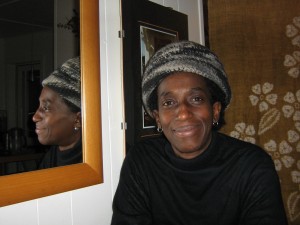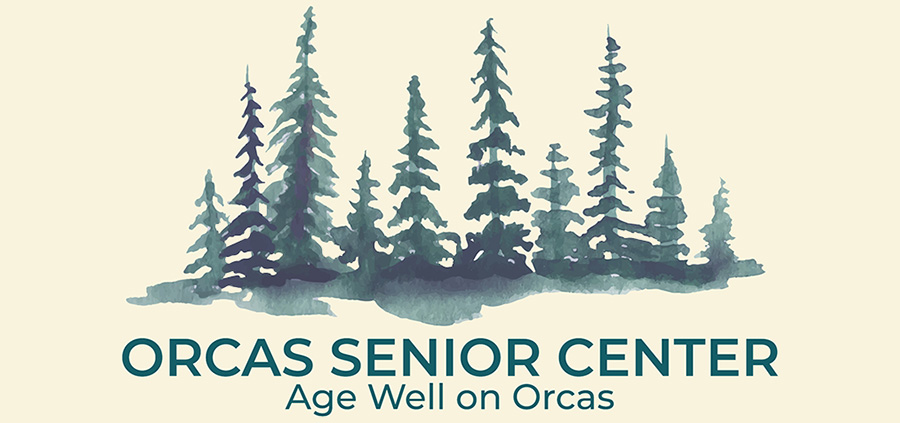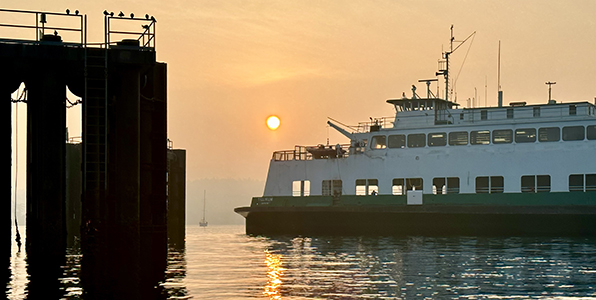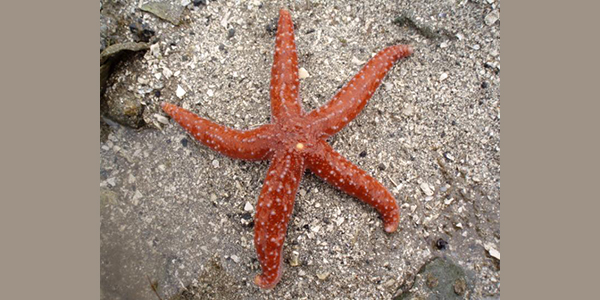Rosedanie Cadet was born in Haiti, the Land of Mountains. She has traveled the world, from the United State to Japan. After three years on Orcas Island, she decided last December to return to Haiti, to give back. She says she found her life’s purpose, “the job I was waiting for, for a long time,” in starting a sustainable farming project for the people of her hometown, Limbé, where her grandmother still lives.
Two weeks ago, with hundreds of thousands of Haitians killed in the earthquake and millions rendered homeless, Rosedanie’s calling gained a greater urgency. She will be leaving Orcas Island this week to return to Haiti and set up her project, helping people returning from the ruined capital city of Port-au-Prince, to set up a new life for themselves as farmers. She has learned that all her family members, located in Haiti, are safe and have not experienced a lot of damage, and that the roads surrounding Limbé are fine for travel. “Many people are trying to get back home. I imagine when I arrive there’ll be an influx of returnees from the city.”
But her mission did not originate with the earthquake. Rosedanie has been planning for some time to build a plant to store and transport the produce grown in Limbé, near the north coast of Haiti. She will model her project on a similar venture undertaken in Benin, in West Africa by Songhai, a non-governmental organization whose mission is “to foster a mode of development based on a thoroughly scientific approach to agriculture and small-scale industry, combined with honesty, integrity, and a highly developed sense of community.”
Rosedanie says, “It seems only right that those of us who were able to leave should return and rebuild… with this catastrophe it becomes even more important. I need to do this, not only for my people, but for me. It’s happening now because the need is more immediate, and also because Haiti is getting so much media attention because of the earthquake.”
After working on Orcas for three years (at The Kitchen for the last two years), she was planning last fall on a trip to Japan. But she started reading a book about micro-lending, and realized that it was time to go home with her project in mind. And so, last December, for the first time in 36 years, she returned to Haiti as a translator for the group “Answered Prayers.” A recognized charitable organization, they will assist Rosedanie by serving as a clearinghouse for donations.
While there, she coordinated with the First Baptist Church, where as a child she sang in the choir, to use some of their property to start a farm. There she plans to grow mangoes, peas, potatoes, breadfruit, and other vegetables. The property is near the town square, which fits in her plan to have the farm serve people of the surrounding area and not just Limbé. The towns close by can’t grow enough produce to support themselves, but if they combined their efforts, there’d be enough, she says.
She realized that, as in much of Haiti, many young people had left the rural areas to go to the capital city: “that was a huge part of the problem,” she says. Sustainable farming can be a way “to make young people want to stay, to provide some kind of work for them — even if only a handful stayed there each year.”
Haitian farmers have no way of preserving or transporting their produce, and so much of it is wasted. Also, it is cheaper to import food from their neighbor on the island of Hispaniola, the Dominican Republic. Although the soil is denuded, it can be rebuilt.
She hopes Orcas Islanders who are knowledgeable about sustainability will come to Haiti to work with the project in Limbé. She plans for the project to be a model to other regions to build a sustainable farming industry. Her processing plant will have a cafeteria, nursery, health clinic, and free literacy classes. The farm will include a demonstration garden, similar to the ones found at university extension programs.
Now she has coordinated friends and contacts to write grants, devise websites, donate materials, set up a charter for her foundation, and write a newsletter about her venture. Contributors will follow each phase of the project through the website, and learn of specific needs.
“I’m just one person but I don’t feel daunted. I’ve done a lot of things, from landscaping to cooking to teaching, to coaching rugby and being a museum docent. I’ve met a lot of people from different fields. All the things I’ve done in the past 25 years have lead to this moment. As I think of this project and make notes on the next step to take, I realize I’d already placed this step 10 years ago.
“I’m one person connecting with other people who want to help personally. I’m hoping to get as many people involved in daily, hands-on work that will invest people in the project. I know there’ll be challenges but I feel that my foundation and group of friends will have enough resources to find solutions.”
People can donate to Rosedanie Cadet or her foundation, the Moramise Foundation, through the Kitchen, and through an account at Islanders Bank. She may also be contacted at danie61@yahoo.com
**If you are reading theOrcasonian for free, thank your fellow islanders. If you would like to support theOrcasonian CLICK HERE to set your modestly-priced, voluntary subscription. Otherwise, no worries; we’re happy to share with you.**









Go Rosedanie!!!
What an amazing model for sustainable community. I’ve got big hope for the project! Wishing you well, and wishing for a link button…
Yea! I have posted this to my FB and will put it on my blogspot. You go, girl! With hands on and hearts open — this can be done.
I would love to come and help, keep me posted